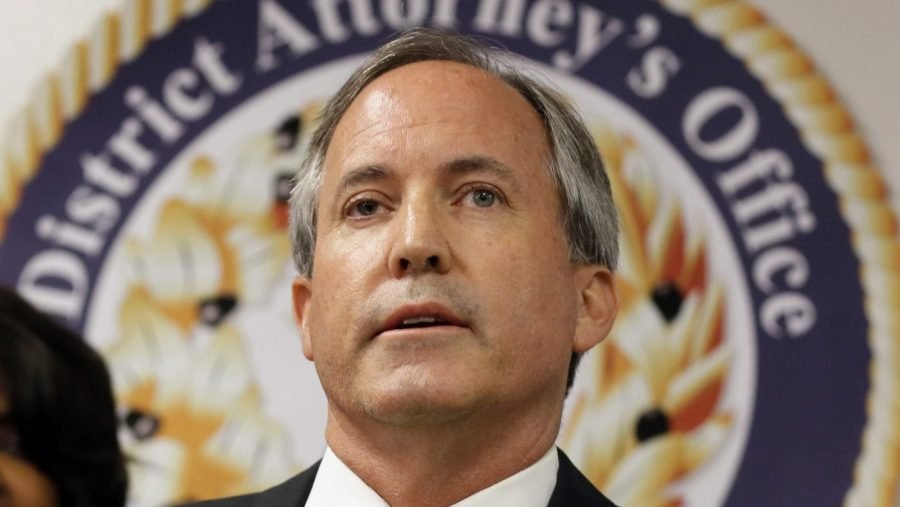A total of 15 GOP attorneys general signed and sent a letter to congressional leadership this week requesting federal action be taken to preempt abortion shield laws, arguing they interfere with states’ ability to enforce criminal laws.
The group of attorneys general also argues that Congress should get involved with shield laws because they potentially conflict with two Constitutional clauses: the “full faith and credit” clause and its extradition clause.
Abortion shield laws are state laws meant to protect abortion providers and patients from civil and criminal actions. There are currently 18 states, along with the District of Columbia, that have an abortion shield law, according to Rachel Rebouche, dean of Temple University Beasley School of Law.
Shield laws in eight of those states protect abortion providers regardless of patient location—acting as a safeguard for abortion providers who send medication via telehealth.
The letter is the latest effort from Republican-led states to stop abortion pills from being shipped to parts of the country where the procedure is restricted.
Signees include Texas Attorney General Ken Paxton (R) and Louisiana Attorney General Liz Murrill (R), both of whom have taken legal action against a New York doctor for allegedly prescribing and mailing abortion pills to women in their respective states.
Paxton sued the doctor—Margaret Carpenter—late last year for allegedly sending abortion pills to a patient in Texas, and a judge ordered her to pay more than $100,000 in penalties for violating the law.
A grand jury in Louisiana indicted Carpenter for allegedly doing the same thing, leading to state authorities requesting she be extradited.
New York Governor Kathy Hochul has repeatedly said that she will not allow Carpenter to ever be extradited, citing the state’s shield law.
And a New York county clerk has refused to enforce Texas’s civil judgment, also citing the state’s shield law.
Separately, a Texas man is suing a California doctor for allegedly prescribing his girlfriend abortion medication. The lawsuit was filed in federal court, opening a new avenue for challenges to state shield laws, and could potentially give Republican-led states the win they want.
